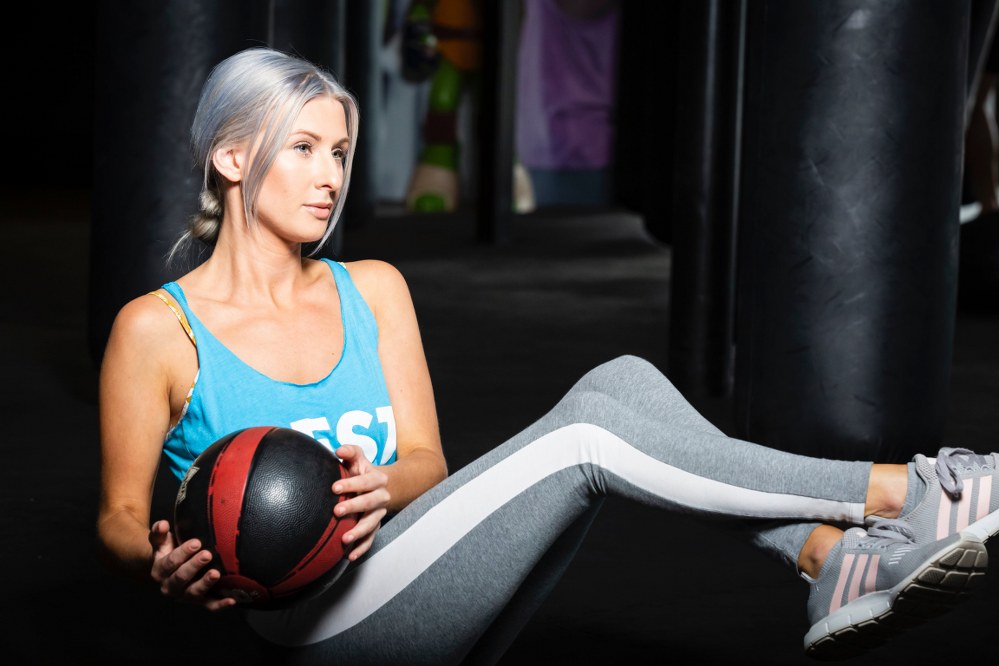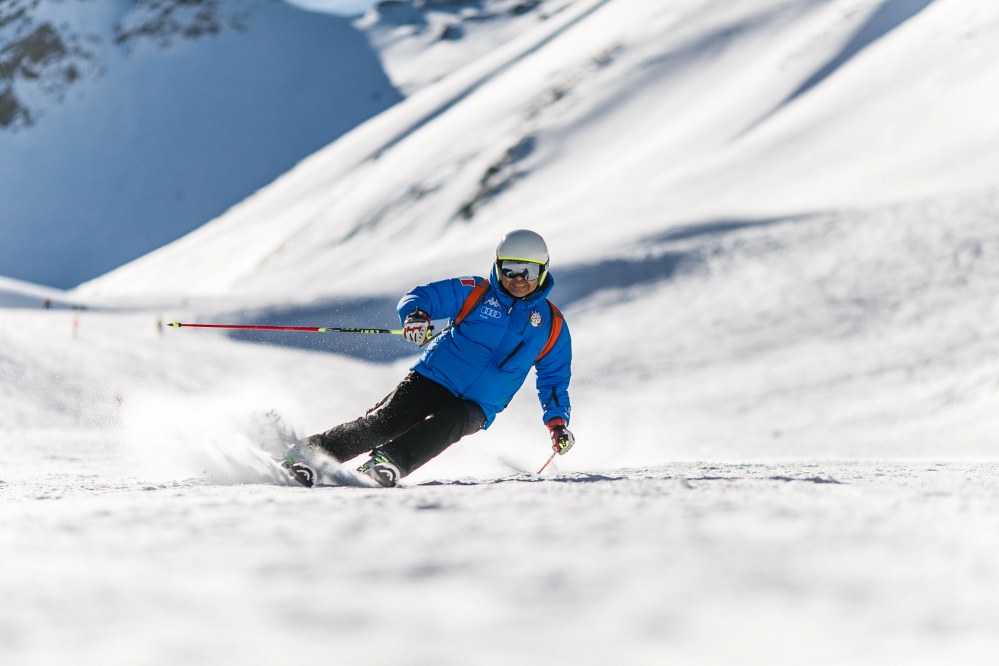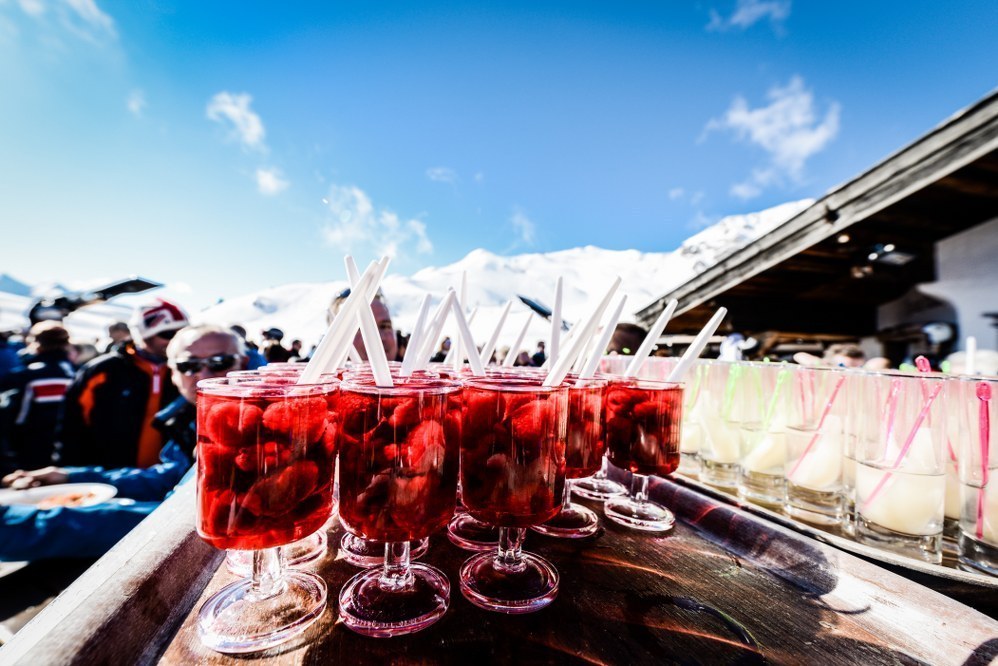Heading to the slopes for a ski holiday? Don’t let age be a barrier to enjoying the thrill of the slopes. If you are over 50 or a parent who doesn’t exercise regularly, it’s important to prepare your body for the physical demands of skiing. Ski exercises specifically designed for the over 50s can help improve your strength, balance, and flexibility, ensuring you have an enjoyable and injury-free ski experience.
Staying fit and active is key to maintaining optimal health as we get older, and skiing is a fantastic way to do just that. Whether you’re a seasoned skier or a newbie hitting the slopes for the first time, these ski exercises for the over 50s will help you get in shape and prevent common ski-related injuries.
Importance of physical preparation for skiing
Skiing requires a certain level of physical fitness, especially as we age. Engaging in specific ski exercises before your trip can help prepare your body for the physical demands of skiing. Whether you are skiing with family or friends or joining one of our solo ski holidays for the over 50s, regular exercise leading up to your ski holiday can improve your strength, endurance, balance, and flexibility, reducing the risk of injuries and enhancing your overall skiing experience.
It’s important to focus on exercises that target the muscles used while skiing, such as the quadriceps, hamstrings, calves, glutes, and core muscles. Strengthening these muscles will improve your stability, control, and power on the slopes. Additionally, incorporating exercises that enhance your balance and flexibility will help prevent falls and improve your overall performance.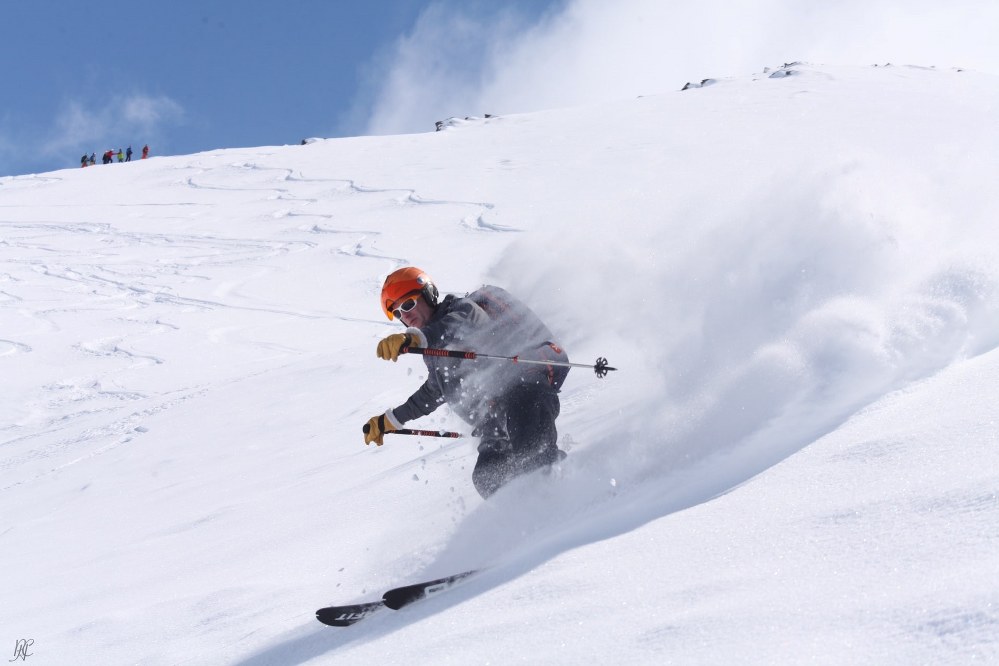
Benefits of skiing for the over 50s
Skiing offers numerous benefits for individuals over 50. Not only is it a fun and exhilarating activity, but it also provides a great workout for the entire body. Skiing engages multiple muscle groups, including the legs, core, and upper body, resulting in improved strength and endurance.
Skiing is also a low-impact exercise, making it suitable for individuals with joint issues or other physical limitations. The controlled movements involved in skiing help improve joint stability and range of motion. Additionally, skiing is a great cardiovascular workout that can help improve heart health and overall fitness levels.
Beyond the physical benefits, skiing also offers mental and emotional well-being. The picturesque mountain scenery, fresh air, and adrenaline rush from skiing can reduce stress levels and boost mood. It’s a fantastic way to escape the daily grind and enjoy nature while engaging in an exciting physical activity. So, if you have never skied before and would like to give it a go, these benefits are great reasons to try skiing over 50.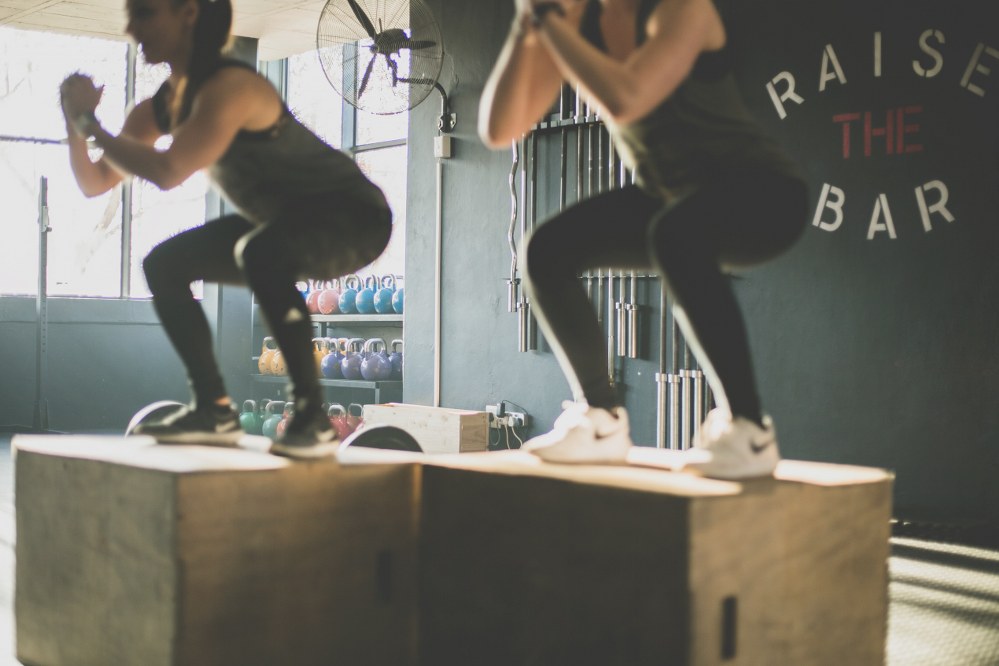
Ski exercises for strength and endurance
To improve your strength and endurance for your ski holiday, it’s important to incorporate exercises that target the specific muscles used while skiing. Here are some ski exercises for the over 50s that will help you build strength and endurance:
- Squat jumps: Stand with your feet shoulder-width apart, lower into a squat position, and then explode upwards, jumping as high as you can. Land softly and repeat for a set number of repetitions.
- Lunges: Stand with your feet hip-width apart and take a big step forward with your right foot. Lower your body down until your right knee is at a 90-degree angle, then push back up to the starting position. Repeat with the left leg.
- Wall sits: Stand with your back against a wall and lower your body down until your thighs are parallel to the ground. Hold this position for as long as you can, then rest and repeat.
These exercises will target your leg muscles, particularly the quadriceps, hamstrings, and glutes, which are essential for skiing. Aim to perform these exercises two to three times a week, gradually increasing the intensity and repetitions as your strength improves. If you are suffering from pain in your joints or muscles, peptide therapy may help to keep inflammation down, improve muscle mass, and maintain your vitality during the trip.
Ski exercises for balance and flexibility
In addition to strength and endurance, balance and flexibility are crucial for skiing. Here are some ski exercises that will help improve your balance and flexibility:
- Single-leg balance: Stand on one leg and lift the other leg slightly off the ground. Hold this position for 30 seconds, then switch legs. Repeat for several sets.
- Yoga poses: Incorporate yoga poses such as tree pose, warrior pose, and downward-facing dog into your fitness routine. These poses improve balance, flexibility, and core strength.
- Leg swings: Stand near a wall or hold onto a stable surface for support. Swing one leg forward and backward, then side to side. Repeat on the other leg.
These exercises will help improve your overall stability and control on the slopes, reducing the risk of falls and injuries. Aim to perform these exercises at least two to three times a week, gradually increasing the difficulty and duration as your balance and flexibility improve.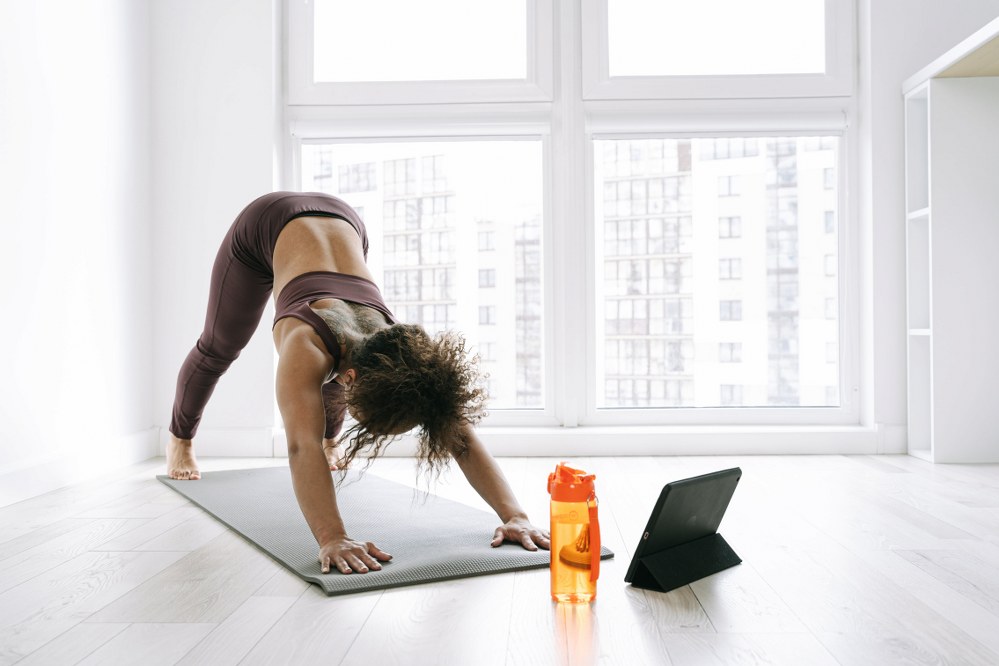
Warm-up exercises before hitting the slopes
Before hitting the slopes, it’s essential to warm up your muscles and prepare your body for the physical demands of skiing. A proper warm-up routine can help prevent muscle strains, improve performance, and help you master different snow conditions in style, enhancing your overall skiing experience. Here are some warm-up exercises to incorporate into your pre-ski routine:
- Jumping jacks: Start with your feet together and hands by your sides. Jump your feet out to the sides while raising your arms above your head. Jump back to the starting position and repeat for several reps.
- Arm circles: Stand with your feet shoulder-width apart and extend your arms out to the sides. Make small circles with your arms, gradually increasing the size of the circles. Repeat in the opposite direction.
- Walking lunges: Take a big step forward with your right foot and lower your body down until your right knee is at a 90-degree angle. Push back up and take a big step forward with your left foot. Repeat for several lunges.
Performing these warm-up exercises for at least 5-10 minutes before skiing will help increase blood flow to your muscles, improve joint mobility, and enhance your overall performance on the slopes. Last but not least, it will minimise the risk of injuries, so you can enjoy a safe and enjoyable solo ski holiday for the over 50s.
More tips before hitting the slopes
Physically preparing for your ski holiday is wise at any age but vital when you are skiing over 50. Preparing your body in advance is key, as improved fitness, core stability, leg strength, and endurance mean greater enjoyment and a reduced risk of injury. With this in mind, here are some more tips to make sure you are safe and well on your next ski holiday:
1. Pack light but smart. Bring moisture-wicking base layers, insulated outerwear, and supportive ski boots. Don’t forget compression socks for circulation, knee braces if needed, and hand warmers to stay comfortable in cold temperatures.
2. Check travel and resort requirements. Some ski destinations may require lift reservations, specific safety gear, or even altitude acclimatisation plans. If you’re skiing at higher elevations, consider packing altitude sickness tablets and staying hydrated to ease the transition.
3. Stay flexible with your itinerary. While structured lessons or guided group runs are great, allowing time for rest and recovery is just as important—especially for older skiers who may need more downtime between sessions.
4. Use technology to stay safe. Download ski resort apps for trail maps and weather updates, and consider using a smartwatch or fitness tracker to monitor heart rate and activity levels. Carrying a small emergency whistle and learning basic ski safety signals can also be helpful.
5. Prioritise recovery and well-being. Give your body time to adjust to the altitude, stay hydrated, and listen to any signs of fatigue or strain. Incorporating post-ski stretches, foam rolling, and even light yoga can help ease muscle soreness and keep you feeling strong throughout your trip.
Conclusion
Skiing is a fantastic activity at any age, providing physical exercise, mental stimulation, and an opportunity to enjoy the great outdoors. Our ski exercises for the over 50s target strength, endurance, balance, and flexibility and will prepare your body for the physical demands of skiing whilst also reducing the risk of injuries.

